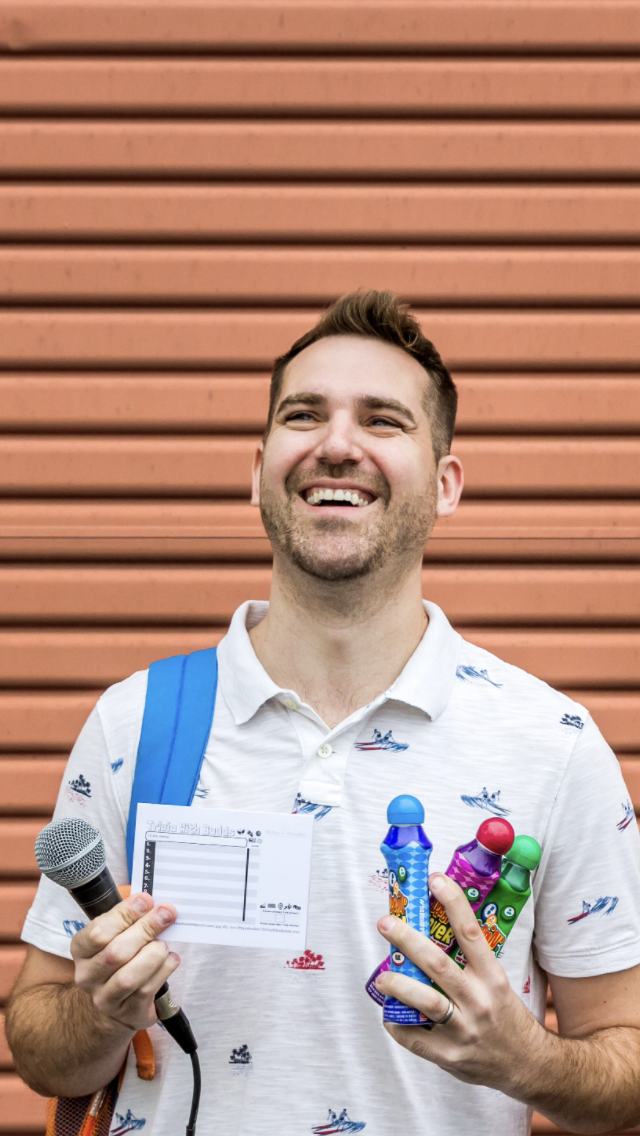Trivia Hosting Anxiety
- Ryan Budds

- Apr 12, 2024
- 3 min read
The anticipation of hosting an event comes with its share of excitement and, inevitably, a degree of anxiety. Whether it’s a casual gathering at a local bar, a private event, or a large-scale corporate function, the pressure to deliver a memorable and seamless experience can weigh heavily on even the most seasoned hosts. This sense of anxiety often stems from a fear of the unknown, concern over attendees' enjoyment, and the desire to make every detail perfect. However, with the right strategies and mindset, transforming this anxiety into positive energy and a successful event is entirely achievable.
Start with Detailed Planning
One of the most effective antidotes to anxiety is thorough preparation. Begin by breaking down the event into manageable components—venue, trivia content, technology, audience engagement, and logistics. Create detailed checklists and timelines for each aspect, and consider potential challenges you might face, along with strategies to overcome them. Planning not only provides a roadmap to follow but also gives you a sense of control over the event’s outcome.

Embrace Flexibility
While detailed planning is crucial, so is the ability to adapt. Acknowledge that not everything may go according to plan, and that's okay. Being prepared to pivot and adjust in real-time can take the pressure off achieving perfection and instead focus on delivering a great experience. This mindset shift from a rigid to a flexible approach can significantly reduce anxiety by allowing room for spontaneity and creativity.
Build a Supportive Team
No event host is an island, and having a reliable team can make a world of difference in managing anxiety. Whether it’s colleagues, volunteers, or staff at the venue, delegate responsibilities based on strengths and expertise. Knowing you have a competent team to handle various aspects of the event allows you to focus on the big picture and provides a safety net if issues arise.
Practice Mindfulness and Self-Care
In the lead-up to the event, it’s easy to let anxiety consume your thoughts and energy. Incorporate mindfulness practices into your routine, such as meditation, deep breathing exercises, or simply taking a moment to visualize the event’s success. Prioritizing self-care ensures you’re mentally and physically prepared for the demands of hosting, helping you approach the event with calmness and confidence.
Conduct a Dry Run
One effective way to alleviate pre-event jitters is to conduct a dry run or rehearsal of the event. This could involve testing out the trivia software, going through the questions, setting up the audio-visual equipment, and even doing a walk-through of the venue if possible. A dry run helps identify any technical or logistical issues that might arise, giving you the opportunity to address them beforehand. It also familiarizes you and your team with the event flow, making the actual execution feel more natural and less daunting.
Engage with Your Audience Early
Building a rapport with your audience before the event can significantly ease your anxiety. Use social media, emails, or personal interactions to start engaging with potential attendees. Share sneak peeks of the trivia content, tease special prizes, or simply express your excitement about hosting the event. Creating this connection early not only boosts attendance but also fosters a supportive environment where you feel more like you’re among friends than performing in front of strangers.

Focus on the Purpose
Whenever anxiety creeps in, remind yourself of the purpose behind the event. Whether it's to bring people together, celebrate a milestone, or simply to have fun and learn something new, focusing on the bigger picture can shift your mindset from worrying about what could go wrong to being excited about the potential impact of the event. Remember, your primary goal is to create an enjoyable experience; perfection is not required for people to have a good time.
Seek Feedback and Learn
Post-event anxiety can also be a challenge, with worries about whether attendees enjoyed themselves or what could have been done better. Combat this by actively seeking feedback from participants and your team. Use surveys, direct conversations, or social media interactions to gather insights into what worked well and areas for improvement. Viewing each event as a learning opportunity rather than a final judgment on your hosting abilities can transform anxiety into motivation for future events.
Celebrate Your Successes
Don’t forget to celebrate your successes, no matter how small. Hosting an event, especially one that involves the complexities of trivia, is no small feat. Acknowledge the effort you and your team put in, the positive moments during the event, and the joy it brought to participants. Celebrating these successes helps build confidence, diminishes anxiety, and fuels your enthusiasm for planning future events.






Comments